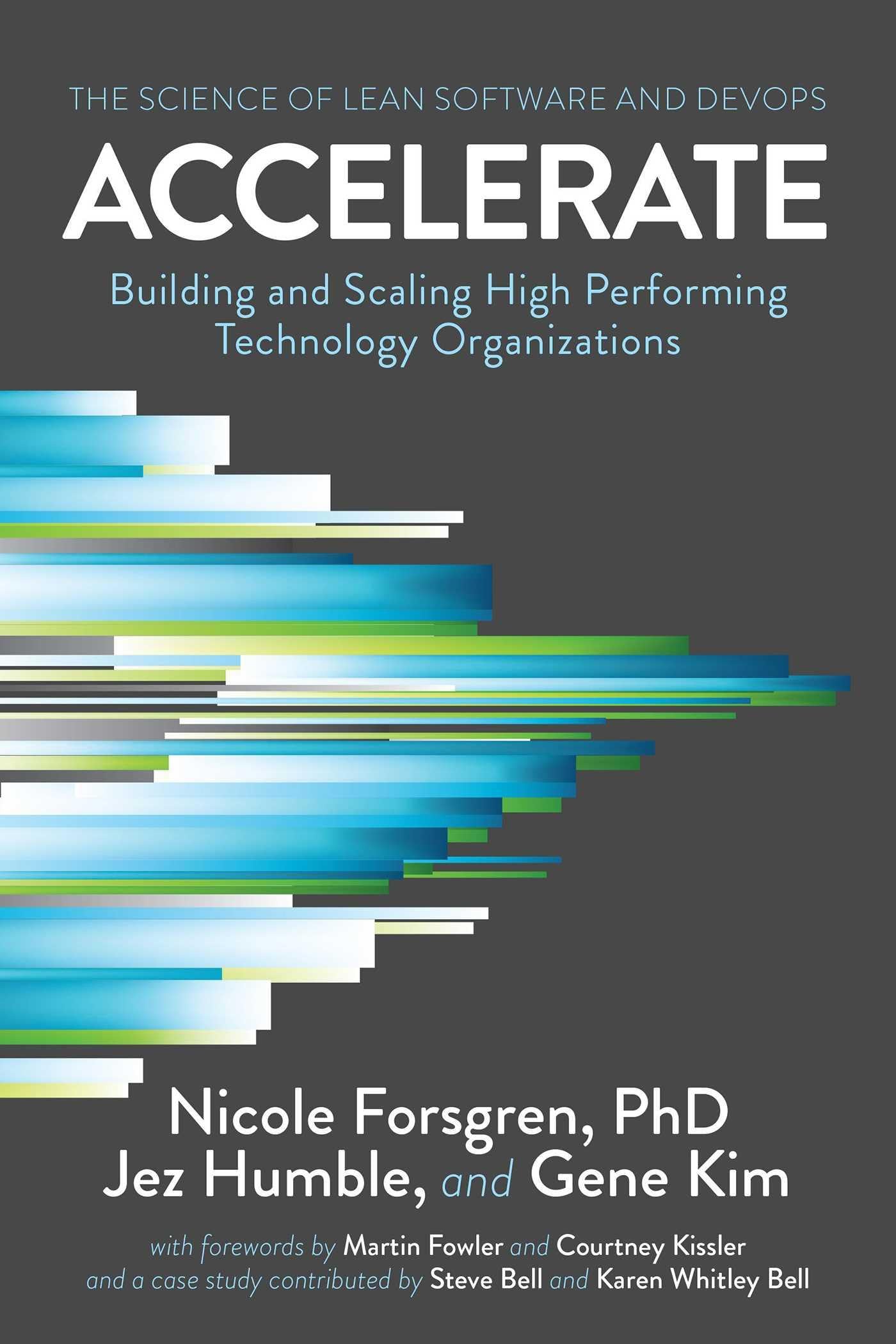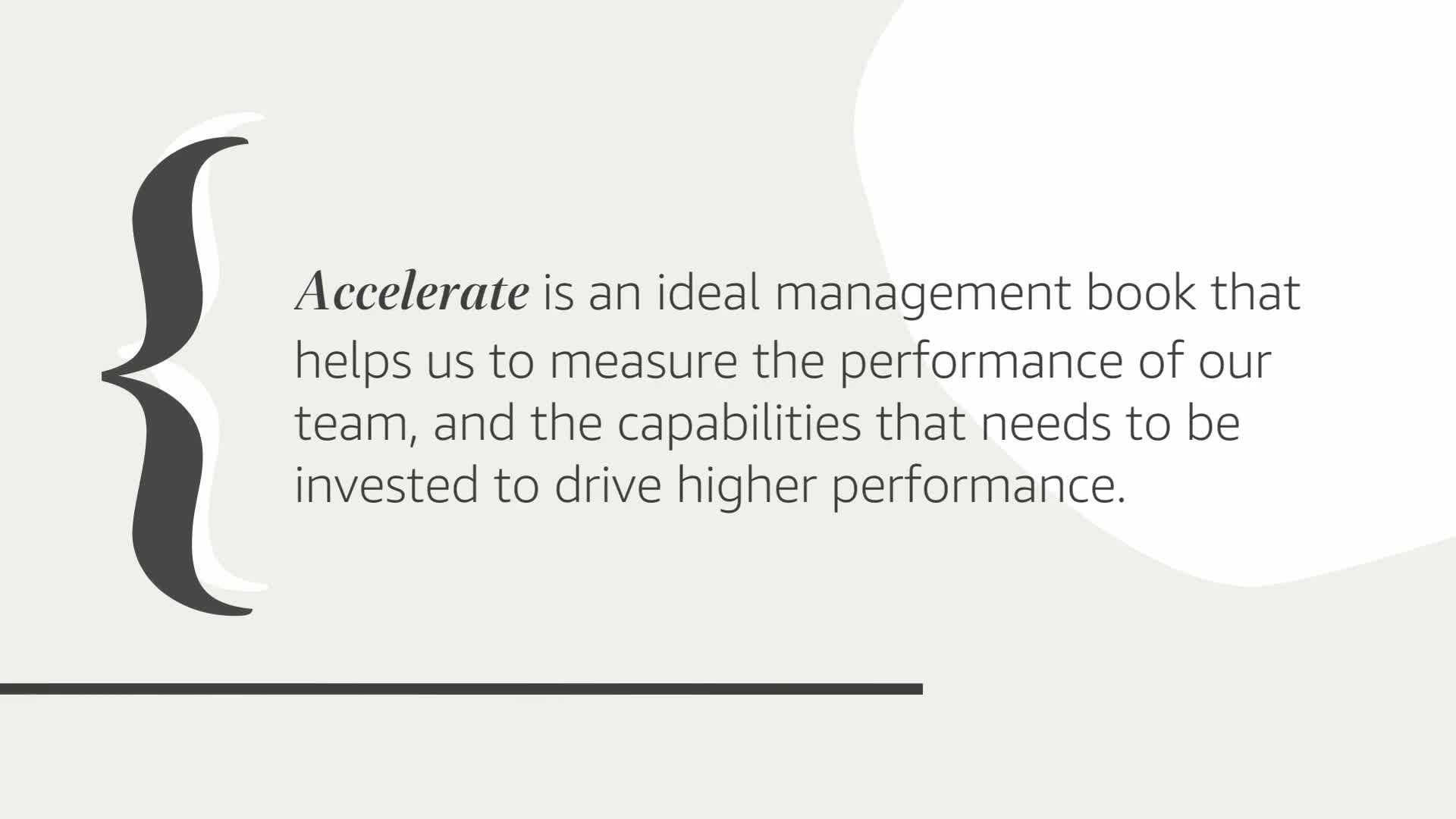Customer Services
Copyright © 2025 Desertcart Holdings Limited
Desert Online General Trading LLC
Dubai, United Arab Emirates



Accelerate: The Science of Lean Software and DevOps: Building and Scaling High Performing Technology Organizations
Trustpilot
2 months ago
1 month ago